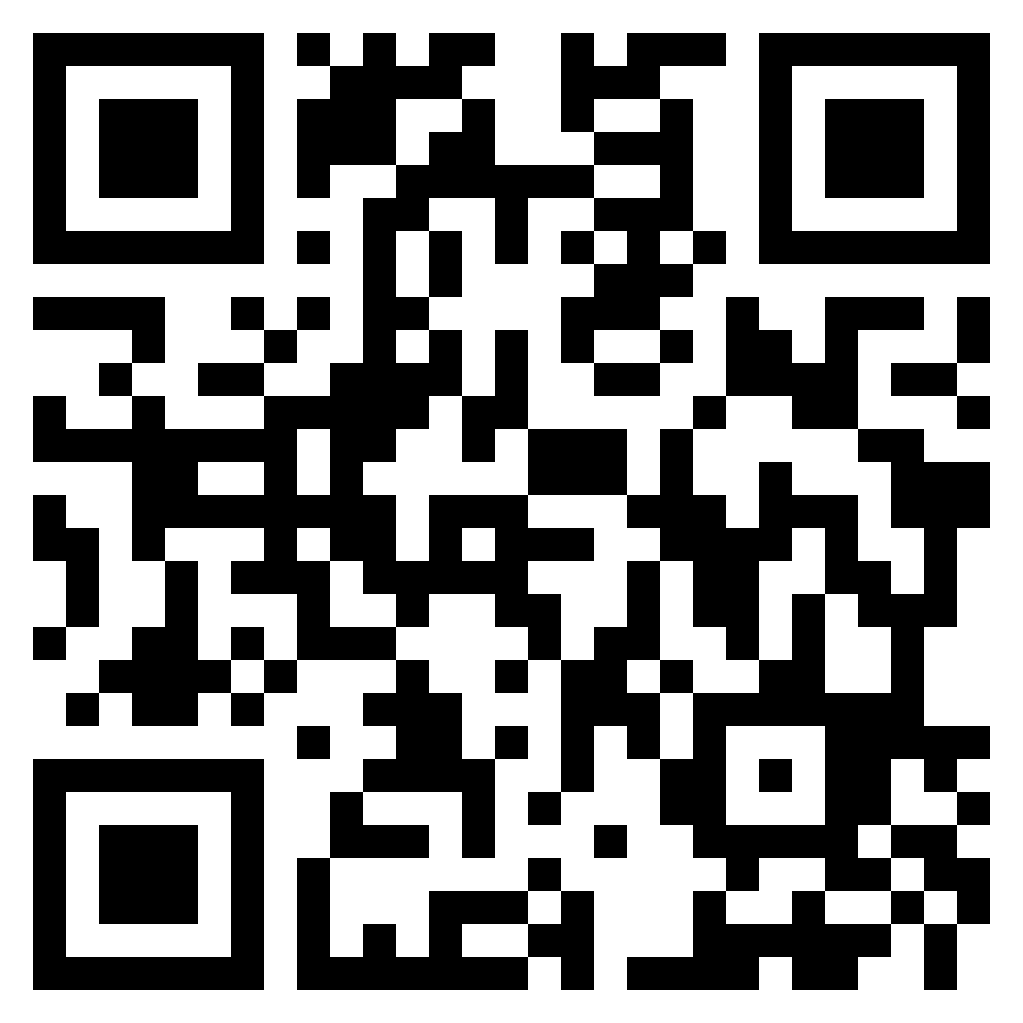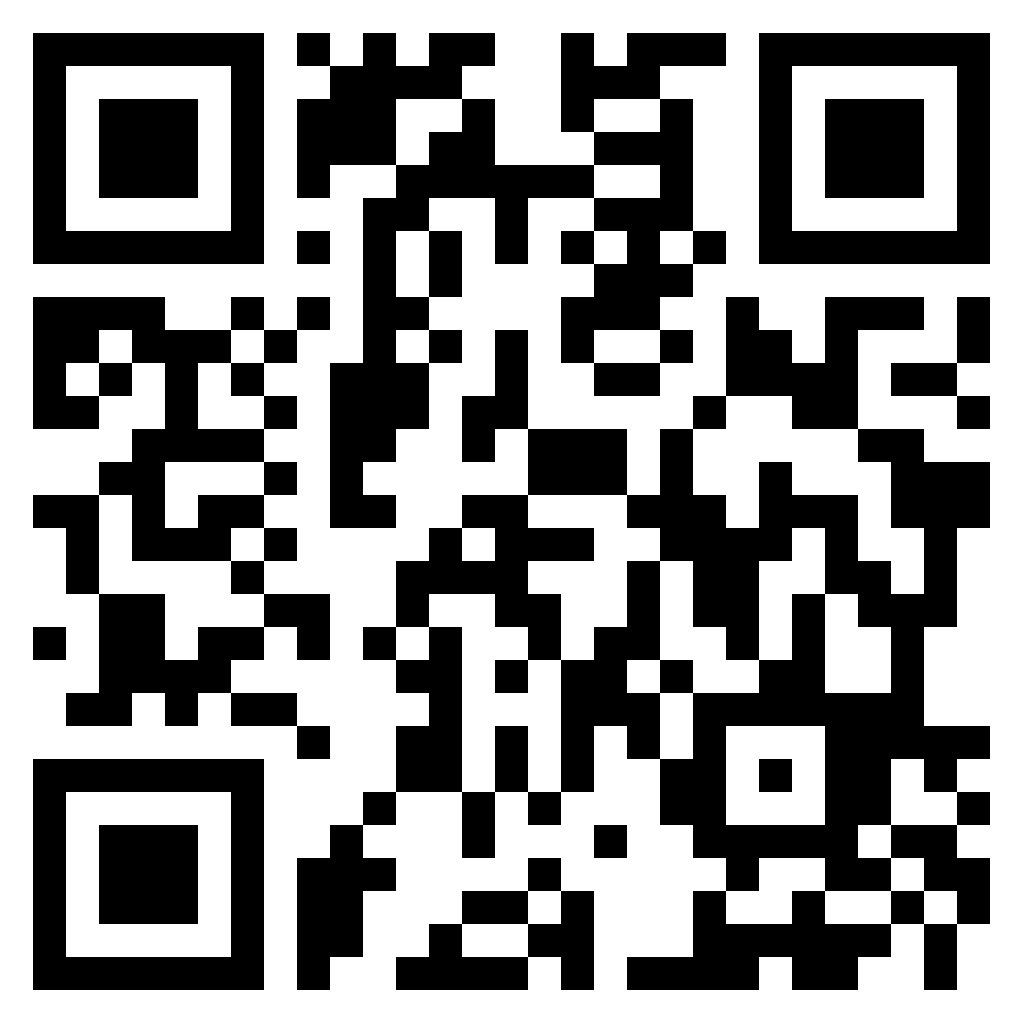Representation of Gender Stereotyping Resistance Through Instagram Social Media (Critical Discourse Analysis on Instagram @Joviadhiguna)
DOI:
https://doi.org/10.46961/mediasi.v2i3.388Keywords:
Representation, Gender Stereotype, Androgyny, Social Media, Instagram Content,Abstract
Androgynous groups are a minority group still considered deviant in Indonesia as a person's gender is identified based on appearance. The study was conducted to see how one androgynous individual, Jovi Adhiguna, represented his resistance to gender stereotypes through his Instagram. This qualitative study applies the critical discourse analysis from S.Jager and F.Maier in analyzing the content on @joviadhiguna Instagram account as the data. This study uses Stuart Hall's representation theory. The results showed that Jovi visualized his androgynous style and expressed a resistance form to gender stereotypes in criticism conveyed through Instagram content.Â
References
Alia, L. (2015). User Generated Stereotype: Analisis Representasi Budaya Indonesia dalam Seri Youtube “How to Act Indonesianâ€. Makalah Departemen Ilmu Komunikasi, FISIP Universitas Indonesia.
Bungin, B. (2006). Sosiologi Komunikasi: Teori, Paradigma, dan Diskursi Teknologi Komunikasi di Masyarakat. Jakarta: Kencana.
Eriyanto. (2005). Analisis Wacana: Pengantar Analisis Teks Media. Yogyakarta: LkiS.
Fakih, M. (2012). Analisis Gender dan Transformasi Sosial. Yogyakarta: Pustaka Pelajar.
Hall, S. (2013). The Work of Representation â€Representation: Cultural Representation and Signifying Practices". SAGE Publications Ltd.
Haryatmoko. (2019). Critical Discourse Analysis (Analisis Wacana Kritis) Landasan. Teori, Metodologi, dan Penerapan. Depok: PT. Raja Grafindo Persada.
Kartono, J. P. (2019). Warga Menolak Beauty Vlogger Jovi Adhiguna di Kota Balikpapan, Begini Respon GNPF Balikpapan. Tribunkaltim.Co. https://kaltim.tribunnews.com/2019/10/07/warga-menolak-beauty-vlogger-jovi-adhiguna-di-kota-balikpapan-begini-respon-gnpf-balikpapan?page=all.
Mulyana, D., & Rakhmat, J. (2010). Komunikasi Antarbudaya: Panduan Berkomunikasi dengan Orang-Orang Berbeda Budaya. Bandung: PT Remaja Rosdakarya.
Parashakti, R. D. (2015). Perbedaan Gaya Kepemimpinan dalam Perspektif Maskulin dan Feminin. Jurnal Ilmiah Manajemen Dan Bisnis Mercu Buana, 1(1). https://doi.org/http://dx.doi.org/10.22441/jimb.v1i1.565
Rokhmansyah, A. (2016). Pengantar Gender dan Feminisme: Pemahaman Awal Kritik Sastra Feminis. Sleman: Garudhawaca.
Syahputra, I. (2017). Demokrasi Virtual dan Perang Siber di Media Sosial Perspektif Netizen Indonesia. Jurnal Aspikom, 3(3), 457–475. http://jurnalaspikom.org/index.php/aspikom/article/view/141/122
Tong, R. (2009). Feminist Thought “A More Comprehensive Introduction.†USA: Westview Press.
West, R., & Turner, L. H. (2008). Pengantar Teori Komunikasi: Analisis dan Aplikasi (3rd ed.). Jakarta: Salemba Humanika.
Downloads
Published
How to Cite
Issue
Section
Citation Check
License
You are free to:
- Share — copy and redistribute the material in any medium or format
- Adapt — remix, transform, and build upon the material
- The licensor cannot revoke these freedoms as long as you follow the license terms.
Under the following terms: Attribution; NonCommercial; and no additional restrictions.















